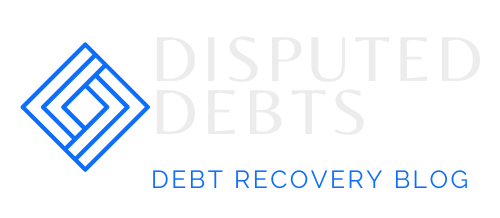Debt collectors often have a reputation for being relentless in their pursuit of unpaid debts. But how exactly do they manage to find individuals who owe money, sometimes even after years have passed? In this article, we’ll take a closer look at the methods debt collectors use to track down debtors and what you can do to protect yourself.
Debt collectors are hired by creditors to recover unpaid debts on their behalf. These debts can be anything from credit card balances to medical bills to outstanding loans. When a debtor fails to make payments for a prolonged period of time, creditors will often turn to debt collectors for assistance. But before they can start collecting, they need to find the person who owes the debt.

Contact Information
The first step for most debt collectors is to try and obtain contact information for the debtor. This can include their current address, phone number, email address, and employment information. Debt collectors will often start by checking the contact information provided by the creditor and making sure it’s still accurate. If they’re unable to reach the debtor using this information, they’ll begin conducting their own research.
Credit Reports
One of the most common ways debt collectors find debtors is through credit reports. Credit reporting agencies collect and maintain information about individuals’ credit histories, including their outstanding debts. Debt collectors can request access to this information and use it to track down a debtor’s current contact information.
Public Records
Debt collectors can also access public records to find debtors. These records can include property ownership information, court records, and bankruptcy filings. By searching through public records, debt collectors can often find clues about a debtor’s current whereabouts.
Skip Tracing Services
If debt collectors are still unable to locate a debtor after exhausting the previous methods, they may turn to skip tracing services. These services are specialized in finding individuals who are difficult to locate. They use a variety of methods, including searching through public records, interviewing friends and family members, and conducting surveillance.
Social Media
Social media has become an increasingly popular tool for debt collectors to find debtors. By searching for an individual’s name on social media platforms, debt collectors can often find valuable information about their current whereabouts, employment status, and even their spending habits. However, there are strict rules about how debt collectors can use social media to collect debts, and they must comply with the Fair Debt Collection Practices Act.
Phone Calls
Finally, debt collectors may resort to calling the debtor directly. They may use the contact information provided by the creditor or found through other means to call the debtor and request payment. If the debtor is still unresponsive, the debt collector may continue to call repeatedly in an attempt to reach them.
Debt collection agencies use a variety of methods to find individuals who owe unpaid debts. These methods can range from accessing credit reports and public records to using skip tracing services and social media. If you find yourself being contacted by debt collectors, it’s important to know your rights and understand what they can and cannot do to collect debts. By being knowledgeable about the debt collection process, you can protect yourself from unnecessary harassment and ensure that your rights are being respected.

